- Your benefits as a Premium Member
10% off items
Free shipping from €20.00
- Help & Contact

The benefits of peptides in skin care
Peptides are becoming increasingly common as an ingredient in skincare products. But what exactly do they do? We explain why it makes sense to integrate peptides into your skincare routine and which skin types can benefit from them.
20 June 2024 • 3 min. reading time
Table of contents
Facial care with peptides
What are peptides?
Proteins are essential for our body to function properly. They consist of molecule chains called peptides. There are over a hundred different kinds performing different tasks in our body:
- Building up and converting other molecules
- Emitting and receiving chemical signals
- Forming the cellular structures that are the building blocks for our entire organism
- Controlling and regulating the metabolism
These processes are much more complex in practice, but this simple explanation at least provides a general understanding of what peptides do.
Logically, then, your skin is also made up of proteins and therefore peptides. Two of the more well-known examples are collagen and elastin, which give the skin its elasticity and structure. The great advantage of peptides in skincare products is that they occur naturally in the body, so it doesn’t have to “learn” to use them. Instead, they simply get to work in all the places where they are needed. Intolerances and allergies to peptides are pretty rare. Even sensitive skin tolerates these busy helpers well.
Tip:
Peptides are so well tolerated that people with all skin types benefit from them. If you experience an adverse effect when using peptide product, take a look at the other ingredients it contains. You’ll probably find that you are reacting to other active ingredients or fragrance components.
Peptides in cosmetics: how these beautifiers improve your skin
First and foremost, peptides are excellent at helping the skin to retain moisture. They are hydrating substances that encourage the skin cells to absorb moisture and bind it there. And that’s not all peptides in skincare can do. Basically, these protein molecules have four main functions, all of which play a role in cosmetics.
Peptides can block certain types of enzymes
Would you like to have firmer skin? OK, then you’ll love this: Peptides can prevent age-related collagen or elastin depletion. They simple block the collagenase enzymes that break down collagen and elastic, helping the skin to retain its natural elasticity for longer.
Peptide transporters accelerate processes
The copper transporter is a great example of a peptide transporter. Copper, the third most common trace element, plays an important role in the formation of collagen (and therefore a firmer skin structure). Thanks to peptides, copper molecules can be integrated faster and in larger quantities into the skin's metabolism, which also supports elasticity and firmness.
Without signal peptides the skin metabolism wouldn’t work
Wound healing, collagen synthesis and the elimination of toxins are all metabolic processes that would be impossible without signal peptides. They control all the processes and ensure that everything runs smoothly, which is why this category of peptides is one of the best-researched peptides in skin care.
Peptides and their effect on neurotransmitters
Mimic-related skin ageing is manifested in frown lines, crow's feet or wrinkles around the mouth. Neurotransmitter-inhibiting peptides have a similar effect to Botox injections at the dermatologist’s. They inhibit the transmission of signals between the facial muscles, which can result in a smoother skin texture.
A detailed explanation of how peptides work
All cosmetic peptides are modelled on the peptides occurring naturally in the body, so they are extremely well tolerated. Peptide transporters and signal peptides are particularly well researched. Studies support the following effects of peptides on the skin:
- Collagen synthesis can be stimulated and elasticity improved.
- Some peptides have an antioxidant effect.
- Hyperpigmentation and other sun-induced damage to skin cells can be repaired.
- The first fine wrinkles and lines can soften.
- Some peptides also have antibiotic or anti-inflammatory properties.
- They can increase the skin's moisture levels and water-binding capacity, making it appear plumper.
Despite all these positive effects, you need more than just peptides in a skincare product. A combination of peptides and other active ingredients is the key to beautiful skin.
The right combination of peptides in skincare
Even though all skin types benefit from peptides because they are a substance that the body produces naturally, peptides aren’t a blanket remedy for all skin problems. That's why it’s important to select a skincare product with a combination of peptides and active ingredients. Eye creams containing peptides, for example, should also contain ingredients such as vitamin C or hyaluronic acid. In this case, the peptides act as a booster that enhances the effect of the other ingredients.
In anti-ageing care, peptides are regarded as very useful in preventing age-related collagen degradation. However, using a peptide product alone is not enough to achieve visible results. You also need moisture binders such as glycerine and antioxidants such as vitamin E or coenzyme Q10 in your skincare products.
Copper peptides in skincare are already being heralded as “nature's Botox”. However, be careful not to apply them in conjunction with with vitamin C because that can impair the peptides’ positive effects. AHA, BHA, azelaic acid or tranexamic acid are generally also too aggressive to mix with the mini-proteins, although other active ingredients such as retinol, niacinamide or alpha arbutin enhance their effect.
FAQs
Takeaway
Peptides genuinely enrich your face care routine. In combination with antioxidants, vitamins and extra moisture, they are true anti-ageing care heroes that can help you to achieve a fresh and younger-looking complexion. Also, their excellent tolerability makes them a must-have for sensitive skin.


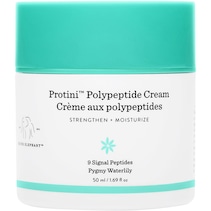

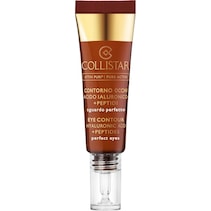


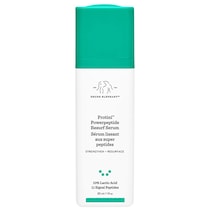
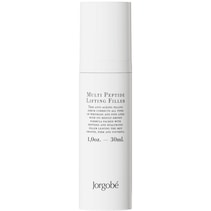
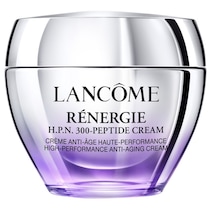
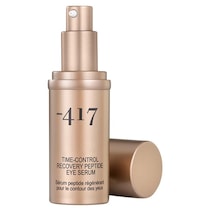
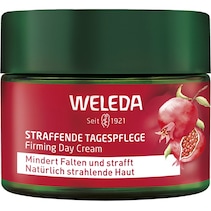
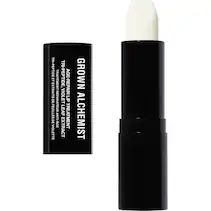

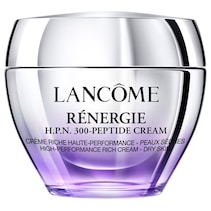
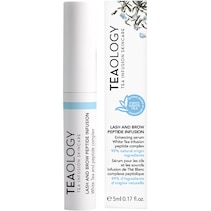
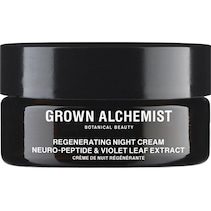
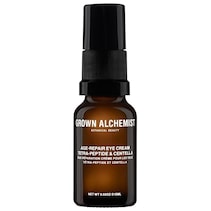
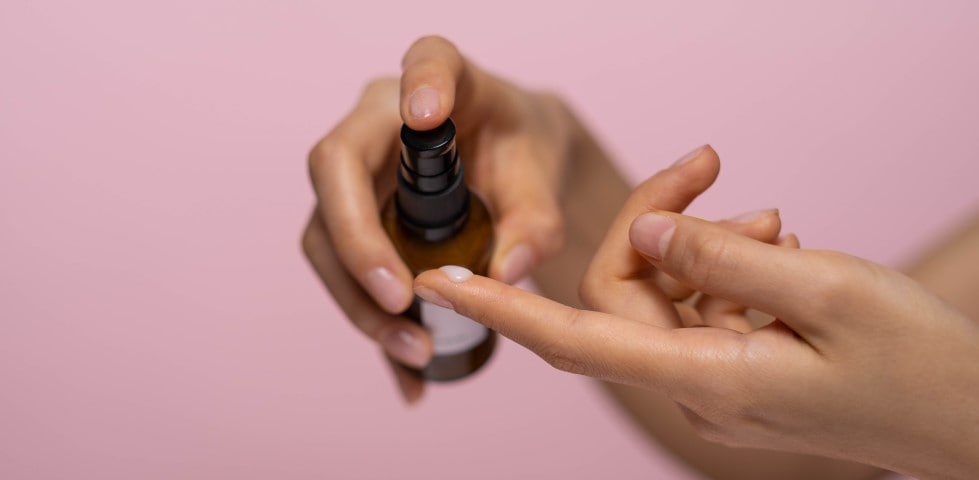
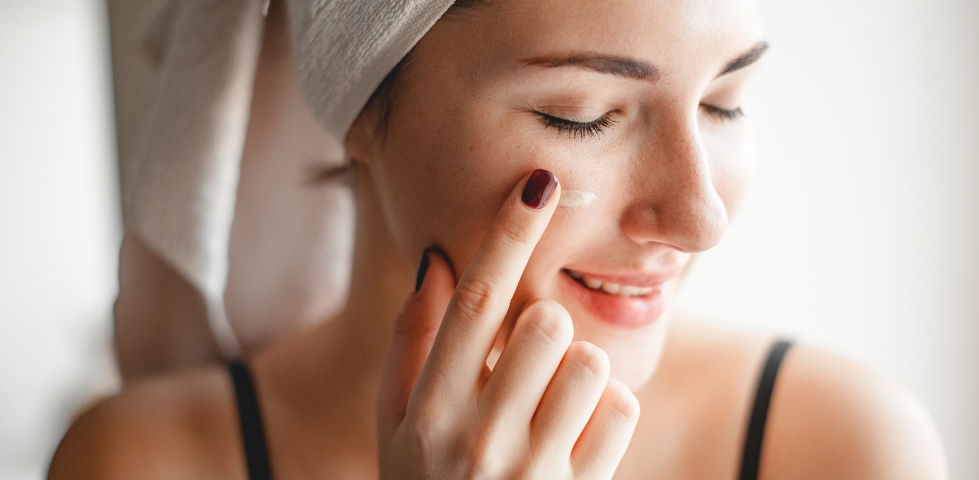













 Certified security
Certified security








